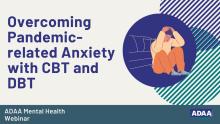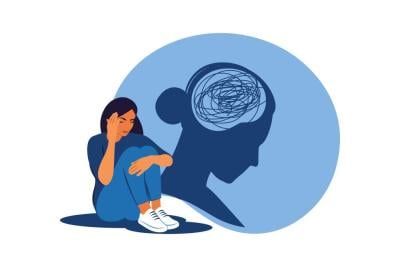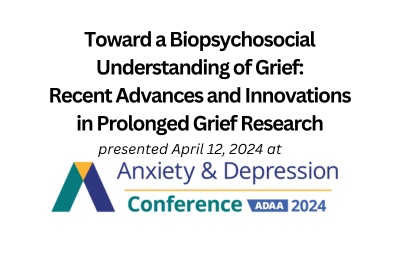
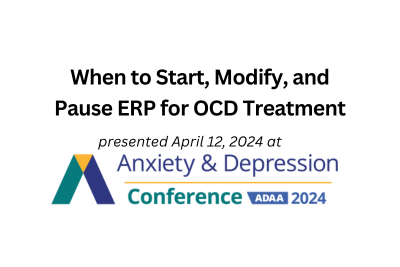
Dr. David Rosmarin talks with ADAA about his study of patients being treated for anxiety and how they managed through the Covid-19 pandemic.

Pathways to Success in OCD Specialization for Early Career Professionals
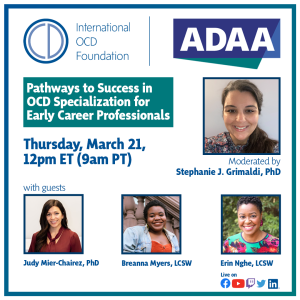
Calling all students, trainees, and recent graduates — we want YOU to consider becoming an OCD specialist!



